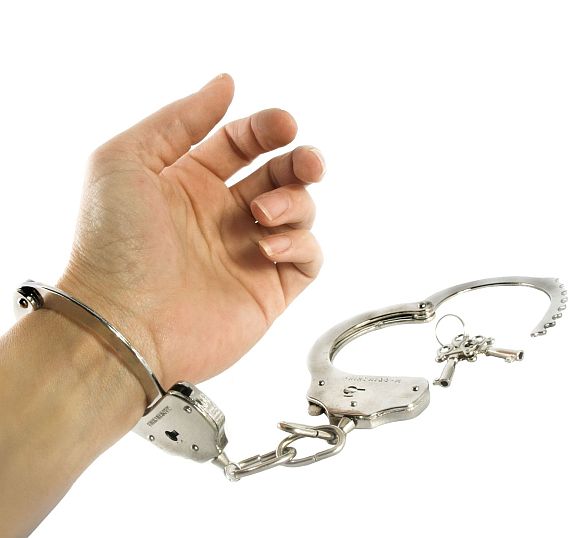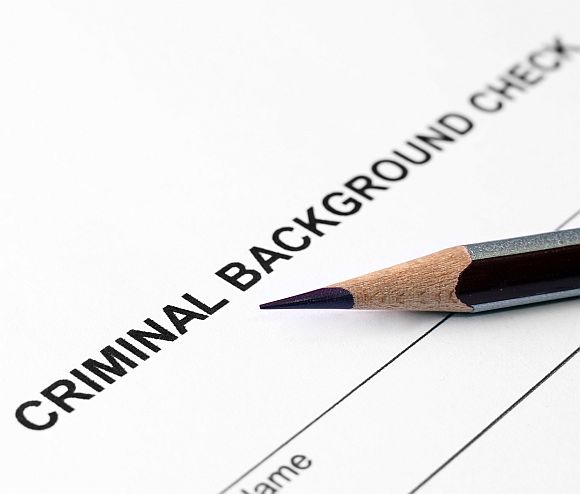Vicky Nanjappa
India recently witnessed a wonder of sorts when it saw parties across the political spectrum stand united against the Supreme Court ruling disqualifying members of Parliament and legislative assemblies sentenced to over two years in a criminal case.
When statistics and data show that the winning chances of a person with a criminal record are higher, it was only obvious that political parties would stand united while challenging the Apex court verdict.
A study conducted by the Association for Democratic Reforms shows that since 2004, just 12 per cent candidates with a clean record have won as opposed to 23 per cent with serious criminal charges.
The analysis of the affidavits was done in both parliamentary and assembly segments since 2004.
What is most ironic about the results of this study is that even the Rajya Sabha has a considerable number of candidates with criminal record.
...
SHOCKING stats on India's criminal lawmakers
Professor Trilochan Sastry, founder member of the ADR, explains, “The Rajya Sabha is supposed to have persons eminent in nature to advise the government. But there are such (criminal) candidates over there too.”
As per the study, the Rajya Sabha alone has 17 per cent members with criminal background out of which 7 have serious criminal charges.
Of the 8,790 MPs and MLAs whose affidavits were analysed, 2,575 lawmakers had criminal records. Of the 2,575 lawmakers, 1,187 have serious charges against them including murder.
The study shows that regional parties led the pack while distributing tickets to candidates with a criminal background.
The Shiv Sena leads this bandwagon with 75 per cent. Out of the 137 MPs and MLAs from the Sena, 103 had criminal cases pending against them.
Next on the list is the Rashtriya Janata Dal with 46 per cent and the Janata Dal-United with 44 per cent. The Bharatiya Janata Party and the Congress have 31 and 22 per cent respectively.
...
SHOCKING stats on India's criminal lawmakers
The ADR analysis shows that out of the 4,181 repeat candidates, 1072 of them had a criminal case the first time they contested an election and 788 had cases even when they contested a second time.
This means political parties gave tickets to 74 per cent candidates with records a second time despite having information on their criminal background from previous elections.
The total number of candidates with criminal cases still increased the second time as there were 507 other candidates (out of 4,181) who showed no criminal cases in the first election but declared cases in the second round of elections.
Therefore, the total percentage of candidates with criminal records given tickets by political parties rose from 26 to 31.
A similar picture emerges when one looks at serious criminal cases.
Of the 540 candidates with serious charges, 353 or 65 per cent were given tickets for the second time.
Besides, there were 289 other candidates with no criminal cases in the first election, but who had declared cases in the second round of elections. This also shows that the total percent of candidates with serious criminal records given tickets by political parties rose from 12 to 15.
Cases against 788 contesting candidates have been pending since their declarations in the previous election. This means that these candidates with pending criminal cases continue to contest elections, while charges against them remaining pending in courts without any resolution and some of them even continue to sit as people’ representatives.
The ADR reports points out that the process of finishing a case has been extremely slow. This argument is supported by the case of Rameshwar Singh, a Samajwadi Party MLA from Uttar Pradesh who has an attempt to murder case pending against him since the past 28 years.
Click on NEXT to go further...




article